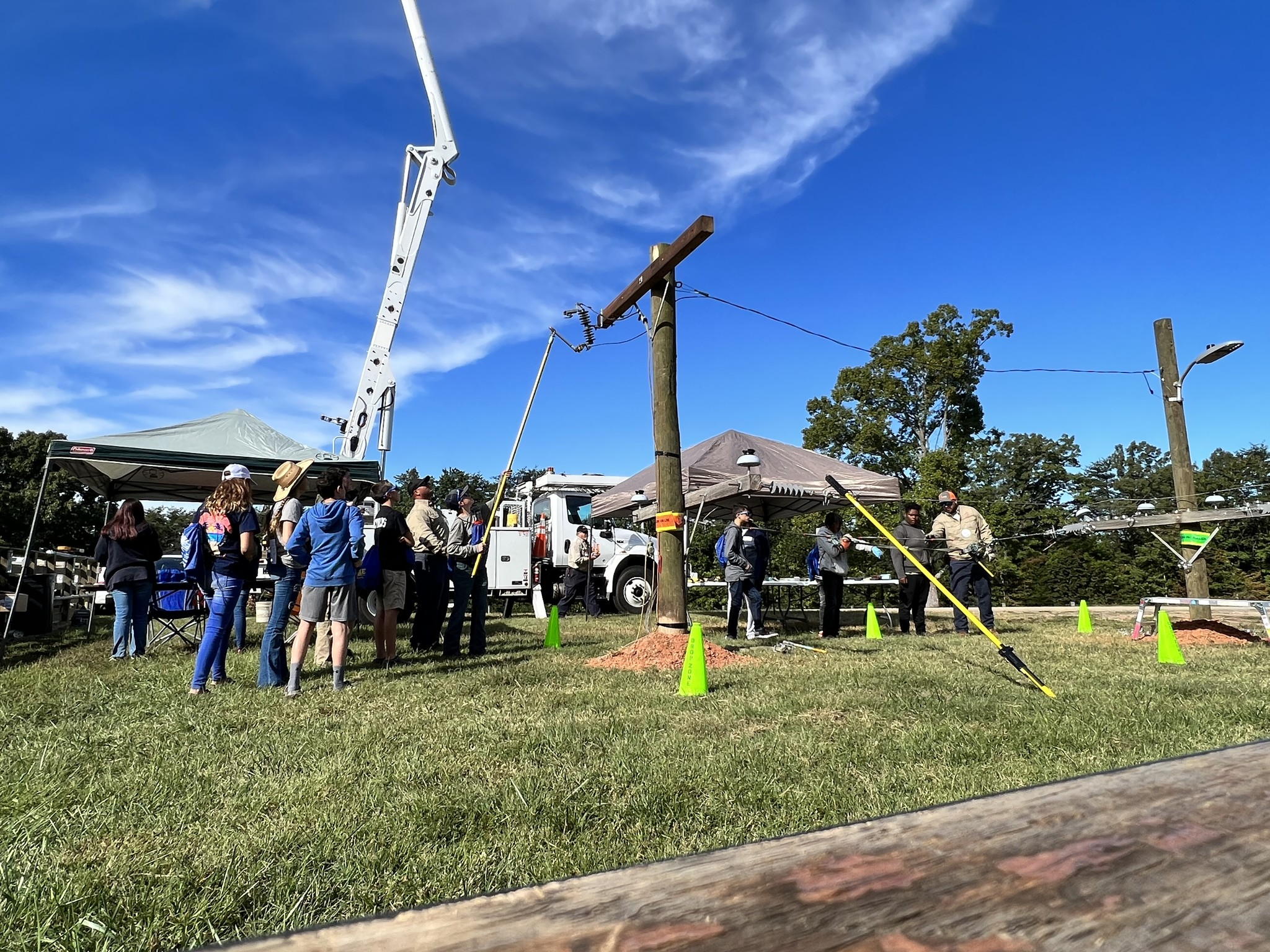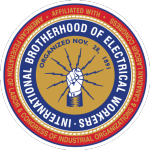
Danville Workers United
By joining together, working people can transform not just workplaces but sectors and communities. When Unions are strong, communities are stronger.
The IBEW represents thousands of government employees. While their work locations and job duties vary wildly from shipbuilding to general building maintenance, they have one thing in common – they’re all highly skilled. The IBEW is committed to improving the lives of North America’s workers and their families. With more than 725,000 members, the IBEW is among the world’s strongest labor organizations, representing workers in a range of skilled occupations in a wide variety of fields, including utility, telecommunications, broadcasting, manufacturing, government, and railroad.

Frequently
Asked
Questions
As a starting point, here are some basic questions and answers about unions and how they benefit you and the communtiy.
